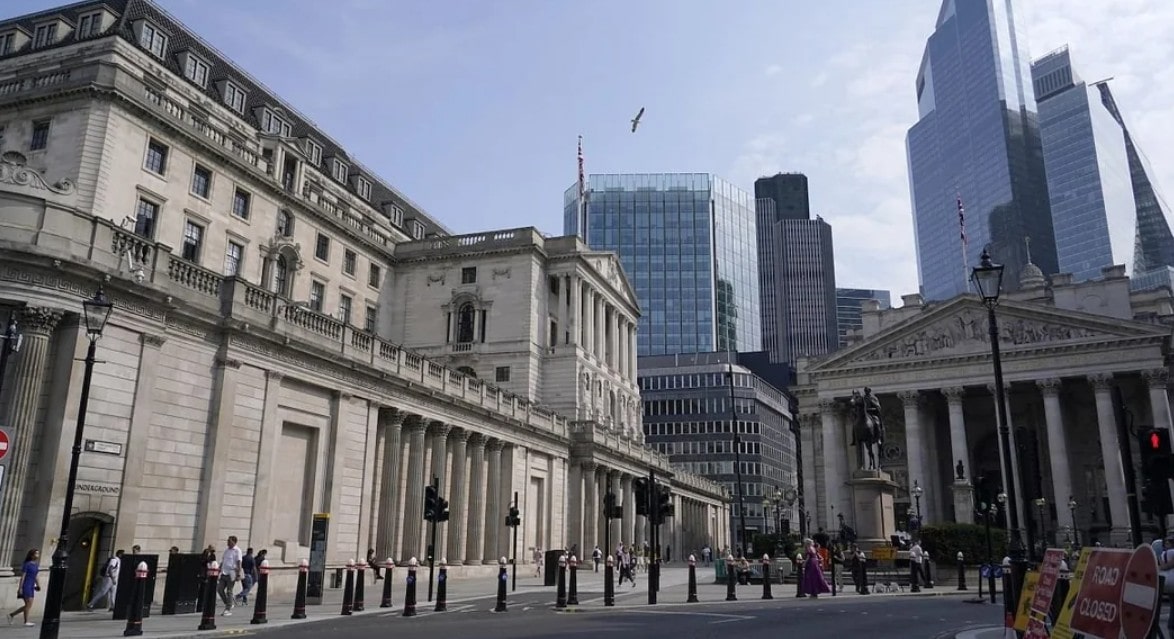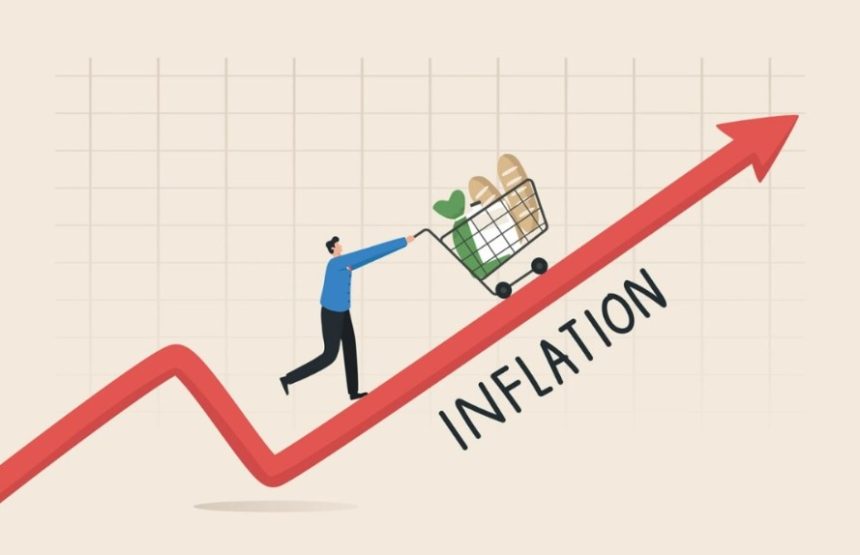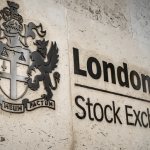UK inflation has eased, offering an implicit turning point for shoppers, businesses, and the government alike.
The consumer prices indicator( CPI) dropped from 3.8 to 3.6 in October, ending three months of relative stability and setting the country on a path toward lower price growth.
Economists in the City had prognosticated a fall last month, but the latest data still feels significant. After a turbulent year of rising energy and food costs, many are hoping this marks a return to normality.
Just over a year ago, inflation was as low as 1.7%, giving hope that price growth was under control, until global shocks like tariffs and domestic measures, including tax rises in last year’s budget, sent it soaring again.
Chancellor Hints at Budget Measures to Cut Prices
Chancellor Rachel Reeves has hinted that next week’s budget will include steps aimed at driving prices down further. A cut in the 5 Handbasket rate on energy is extensively anticipated, but other measures may also be on the table.
Speaking on Tuesday night, Reeves raised support for a crackdown on combinations in the dentistry and veterinary sectors, where concerns about monopoly pricing have grown.
The government is acutely apprehensive of the political pitfalls posed by high affectation. Reeves is keen to avoid adding price pressures to the list of namer grievances ahead of the coming election.
Bank of England Interest Rates
Meanwhile, the Bank of England (BoE) is nearly covering the situation. Its vaticinations suggest affectation could return to the 2 target by 2027, but the question of interest rates remains unsettled.
Some members of the Monetary Policy Committee (MPC) believe adopting costs must stay high to ensure the cascade effect, while others argue rates could drop without fuelling prices, citing slack in the frugality after rising severance.

Before this month, BoE governor Andrew Bailey sided with the affectation jingoists, using his casting vote to keep interest rates at 4.
fiscal requests, still, are increasingly confident that rates could be cut at the coming MPC meeting on 18 December, immediately following the release of the November inflation numbers. Investors now see an 82% chance of a reduction.
BoE principal economist Huw Pill has advised that a high stipend could still push up prices, keeping him forcefully in the hawkish camp. Meanwhile, fellow MPC member Swati Dhingra has indicated she’d support a rate cut, showing the growing peak within the commission.
Reeves hopes her budget measures to reduce the cost of living could make it easier for the Bank to ease borrowing costs, giving both consumers and businesses a welcome boost as the UK heads into the new year.






